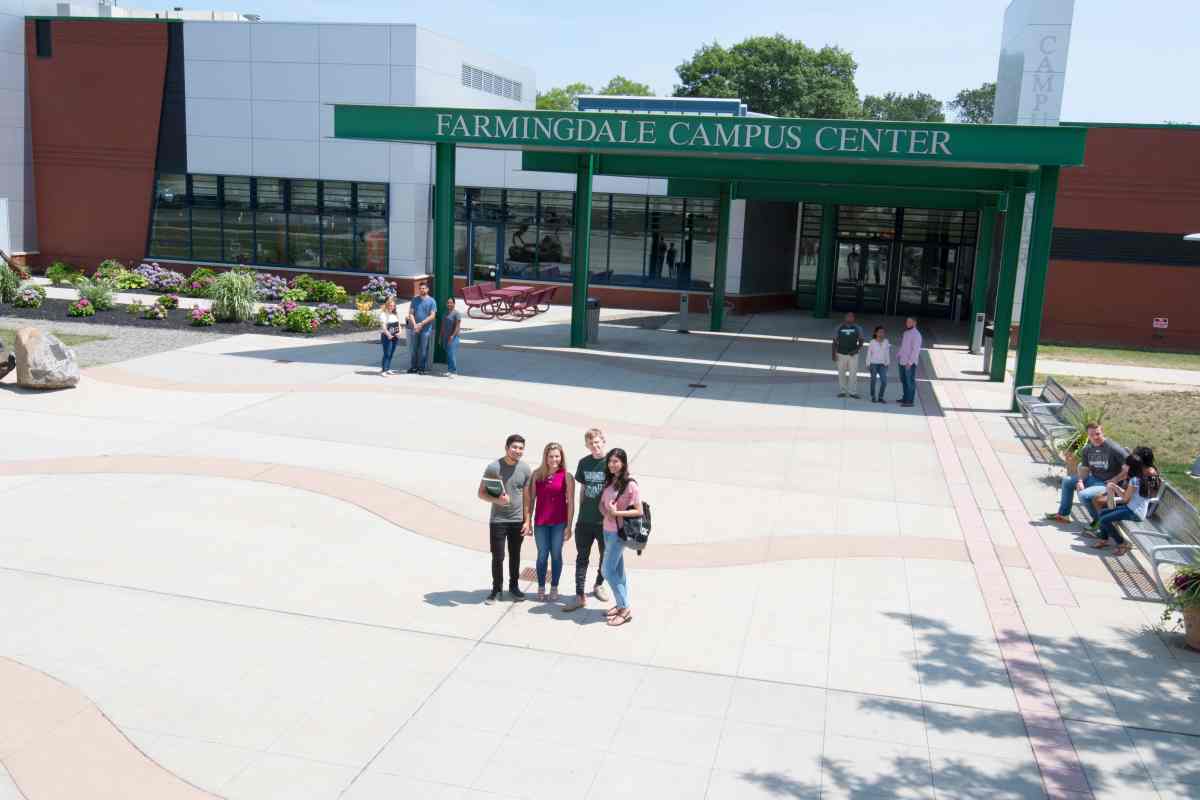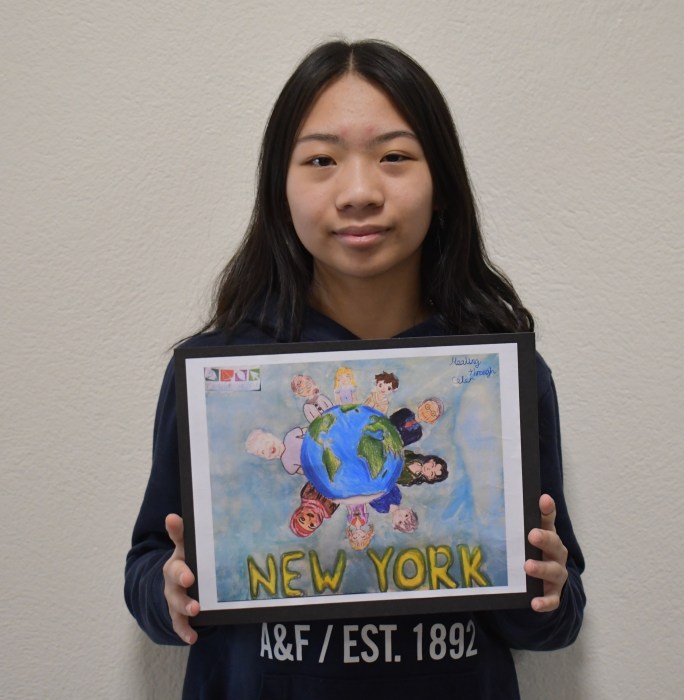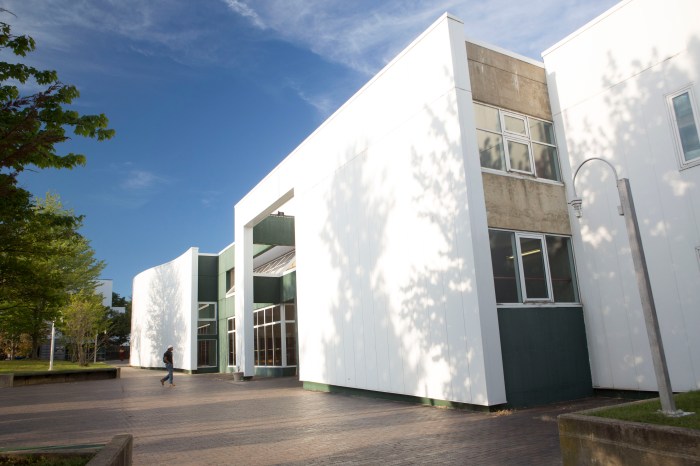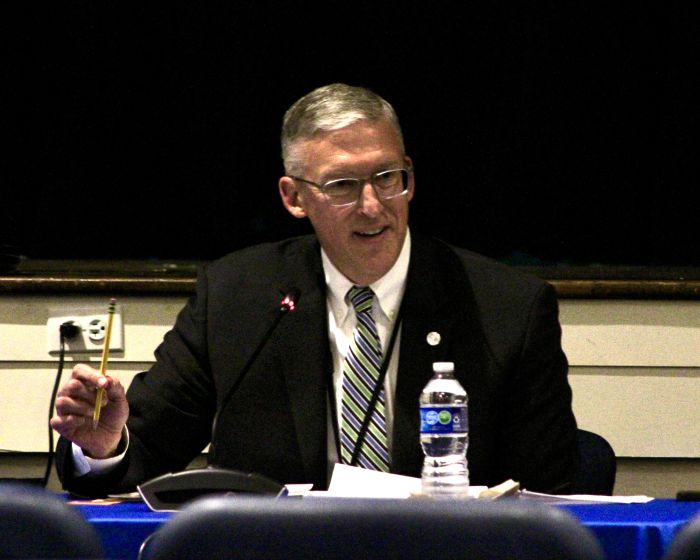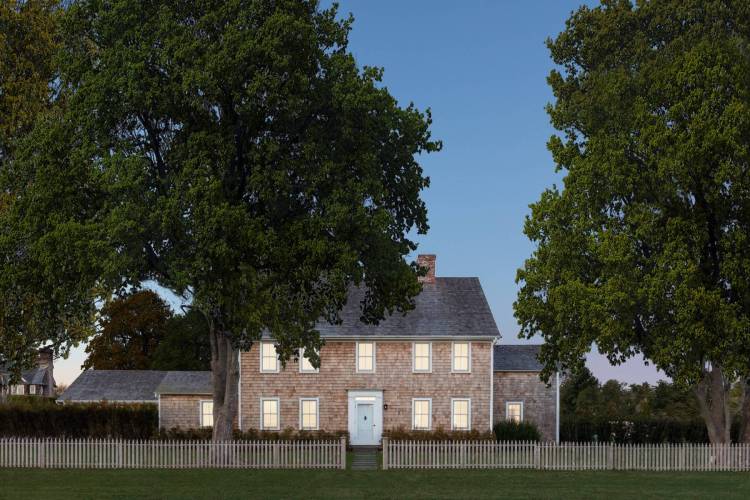Choosing the right college is a big decision. Many students think it is a good idea to wait and visit schools until after acceptance letters roll in, but by then, students attending the more academically selective schools have already chosen roommates, and you’ve missed the boat.
Naturally, the most challenging colleges have high expectations. In the application process, students must write about what kind of academic environment they want, and why they want this college over any other college. How can you possibly know this as a junior in high school without visiting different schools?
The moment students are mature enough even to begin contemplating “when thinking about college, where do I start?” is the moment they are ready to start visiting. I take my 9- and 12-year-olds to see colleges regularly. We use them as tools for discussion about diversity, perspective and why studying matters.
Prepare a list of questions in advance of your campus visit and take your family members as extra “eyes and ears.” People you trust, whom you can discuss your thoughts and impressions with after the tour, are always helpful. While on campus, talk to everyone you meet: admissions officers, tour guides, professors, school faculty.
Do not skip guided tours or information sessions. Sit in on classes. Read the school newspapers. Eat in the school cafeteria. Ask lots and lots of questions!
Will a school support your learning needs? How big are the classes? What is the student-to-professor ratio? What kind of academic support is available on campus? What are the Career Center Services?
Take the time to do your homework. Visit colleges during family vacations. See Vanderbilt University if you happen to be in Nashville, Tenn., or the next time you’re in New York City, plan a tour at NYU for the fun of it. It helps to be able to know the difference between a small to midsize to a large university in a suburban and urban environment before crunch time.
While walking around campus, ask yourself: “Can I see myself here?” Ninety-nine percent of my students know within five minutes if the answer is yes.
WHAT TO ASK ABOUT ON A CAMPUS VISIT
• Academic Programs/Atmosphere: What are the academic programs offered and the atmosphere of the campus? Is it friendly reserved or too social? Is this a match for you?
• Quality of Majors: Are your interests going to be met in your choice of major? Art, Business, Engineering, Dental, IT…
• Campus location and setting: Do you like the location and setting of the campus and surrounding areas? Are you comfortable in an urban or more rural setting? Is it easy to get around the city? Are there restaurants and other activities to do in the community? Do you need a car?
• Campus size: Is the campus a good match for you? Is it easy to get around and to class?
• Facilities: Rate the size, upkeep and cleanliness of the facilities. Too big? Too small? Modern? Luxurious?
• Professors: What is the reputation of the faculty? Who mostly teaches, professors or graduate students?
• Student-faculty ratio: What is the average number of students to faculty members per class?
• Faculty office hours: Are there enough office hours offered to see professors outside of class?
• Counseling: What is the availability of academic, career or personal counseling?
• Financial Aid: Do the cost of the college and the amount of financial aid awarded meet your needs?
• Libraries, Labs, Studios: Are they comfortable to study in? Will the hours meet your needs?
• Study Abroad: Do most students take advantage of study abroad? Where?
• Recreational Facilities: Is there a gym, track, pool?
• Internships: what kinds of opportunities are available, and how does the school help with career networking?
• Club and cultural opportunities and facilities: Are there a variety of clubs and cultural activities? How often do they meet? Are meeting sites comfortable?
• Extracurricular Activities: What are the opportunities to join club sports or the major sports teams?
• Food: How is the food on campus? Are there other alternatives to the cafeteria? Is it a flexible plan?
• Housing: What is the availability of housing on and off campus (dorms, apartments, and houses)?



